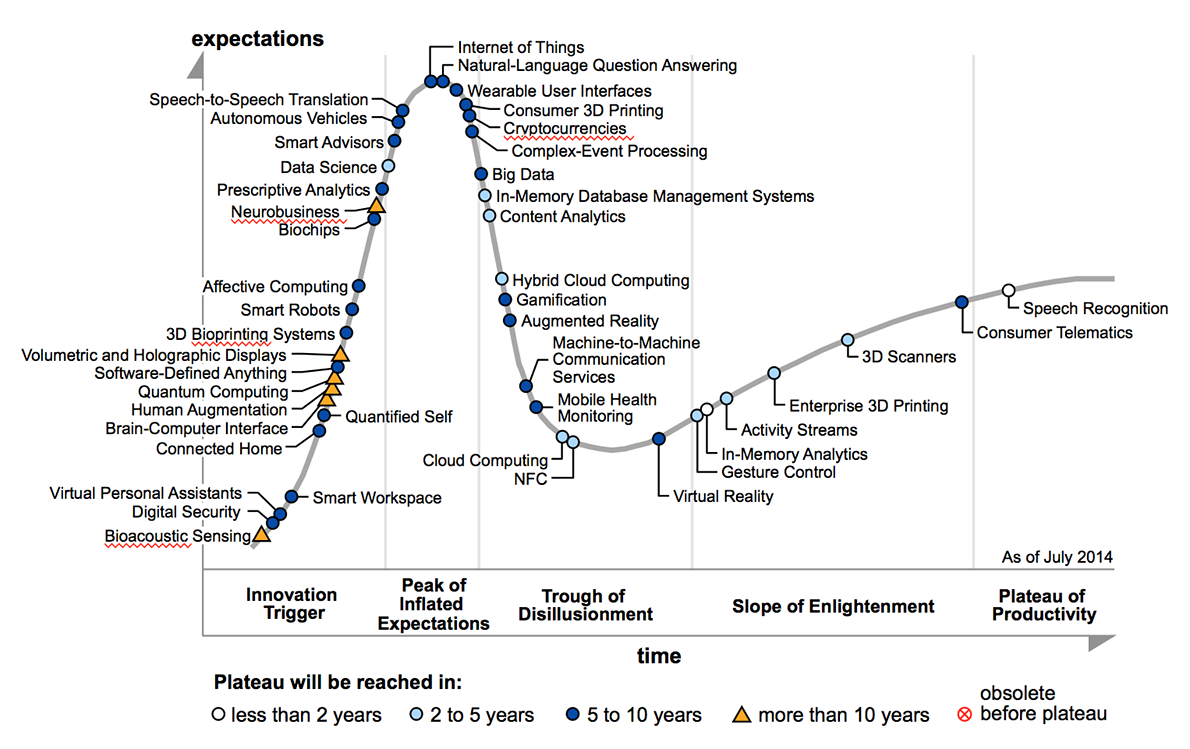According to Dag Kittlaus over at TechCrunch at last we’re heading for a Cambrian Explosion in AI led by personal assistants like Siri and Cortana.
The unlocking of AI ultimately allows this Cambrian Explosion to finally find the light of day and enables a dynamic new world to emerge. As your trusted assistant becomes more and more capable as thousands of developers join the marketplace, it brings scale and breadth to something that AI has aspired to for decades. It scales usefulness.
Scales usefulness? That’s a lot of scales.
Of course Kittlaus has ambitions to bring us THE GLOBAL BRAIN but I feel there may be an additional interest in pushing this agenda. I’m not saying he’s a drunk, but remember when he shared with us his wonderful vision for the usefulness of this technology.






